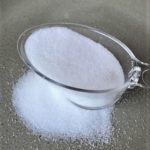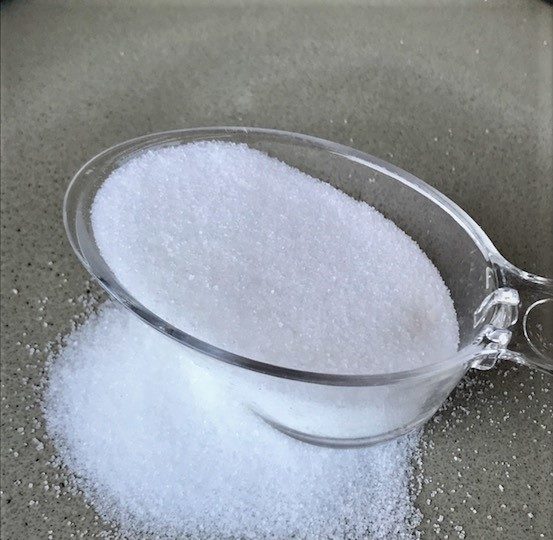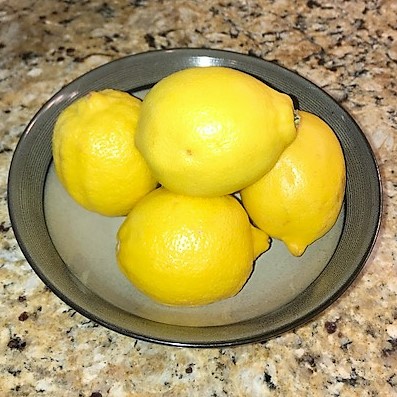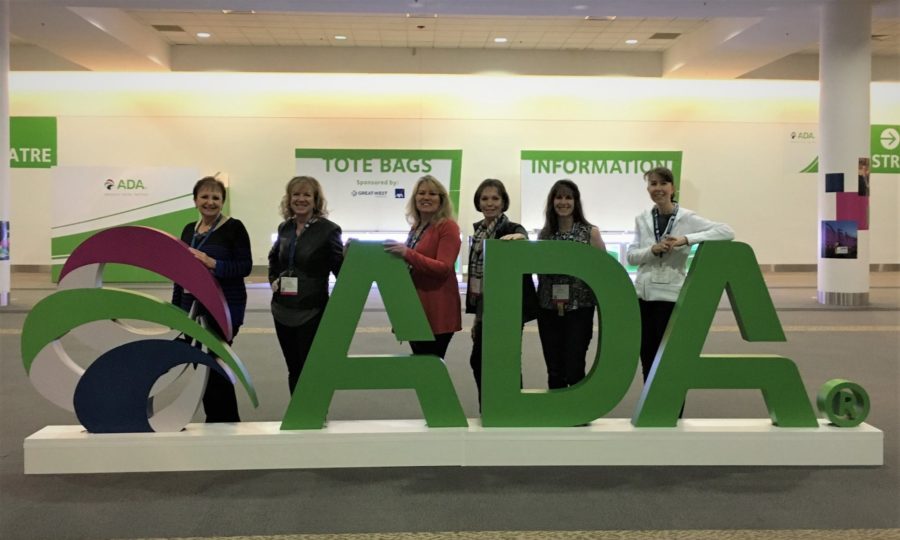Limit Sugar In Your Diet
Stay Away From Sugar
 From a dental perspective, there are many reasons to limit sugar in your diet. Bacteria in your mouth interact with sugar to produce acids. These acids can destroy tooth enamel, which can lead to the formation of cavities. Cavities that are left untreated can lead to root canals, crowns, or even removal of teeth. A diet high in sugar increases the likelihood of a person developing dental problems.
From a dental perspective, there are many reasons to limit sugar in your diet. Bacteria in your mouth interact with sugar to produce acids. These acids can destroy tooth enamel, which can lead to the formation of cavities. Cavities that are left untreated can lead to root canals, crowns, or even removal of teeth. A diet high in sugar increases the likelihood of a person developing dental problems.
In 2010, our family participated in a dental mission trip to Dominican Republic. Unfortunately for the kids we treated, they had ready access to sugar cane and little instruction on good dental health. Most of the patients we saw had numerous areas of decay. Contrast that with children we treated the following year in Kenya, where naturally fluoridated water and limited access to sugar resulted in many of the children we examined not having any decay.
ADA Article on Sugary Drinks
Mouth Healthy, a site maintained by the American Dental Association (ADA), has an informative article titled The Truth About Sugary Drinks and Your Smile. A big takeaway from this article is that sometimes foods that sound healthy are actually bad for your teeth. A good example is fruit juice, which can contain as much sugar as a glass of soda. The article gives examples of drinks high in sugar and a list of better choices. As your dental provider, we strongly support patients focusing on the low sugar drinks!
Can Drinking Soda Increase the Risk of Developing Alzheimer’s Disease?
Newsweek recently published a article titled “Drinking Soda Could Raise the Risk of Alzheimer’s Disease According to Study.” Researchers documented the diets of 2,226 elderly people for 7 years. A takeaway from this article: people who drank sugary soda had a significantly increased risk of developing Alzheimer’s when compared to those people who had sugar in their diets from other products.
Conclusion
Research suggests that if you limit sugar in your diet, it can be good for your overall health. More importantly from our perspective, it’s also good for your dental health. If you have questions about your diet and any risk factors, make sure you visit with Dr. Albers or the other dental professionals in our office during your next visit.




